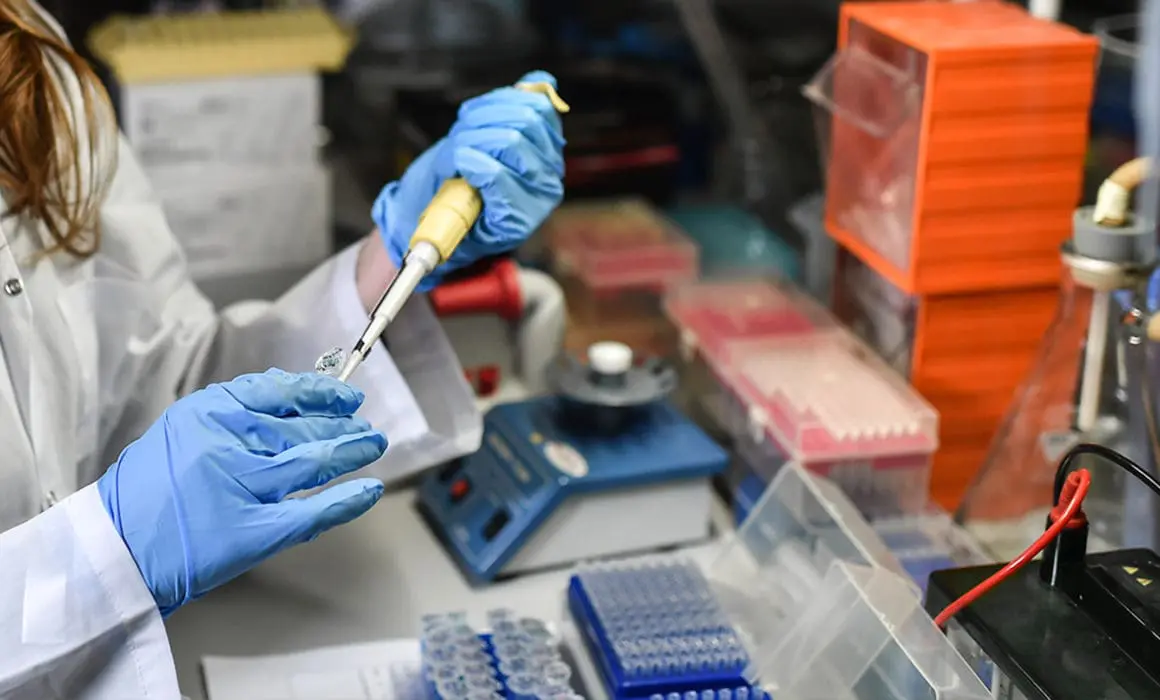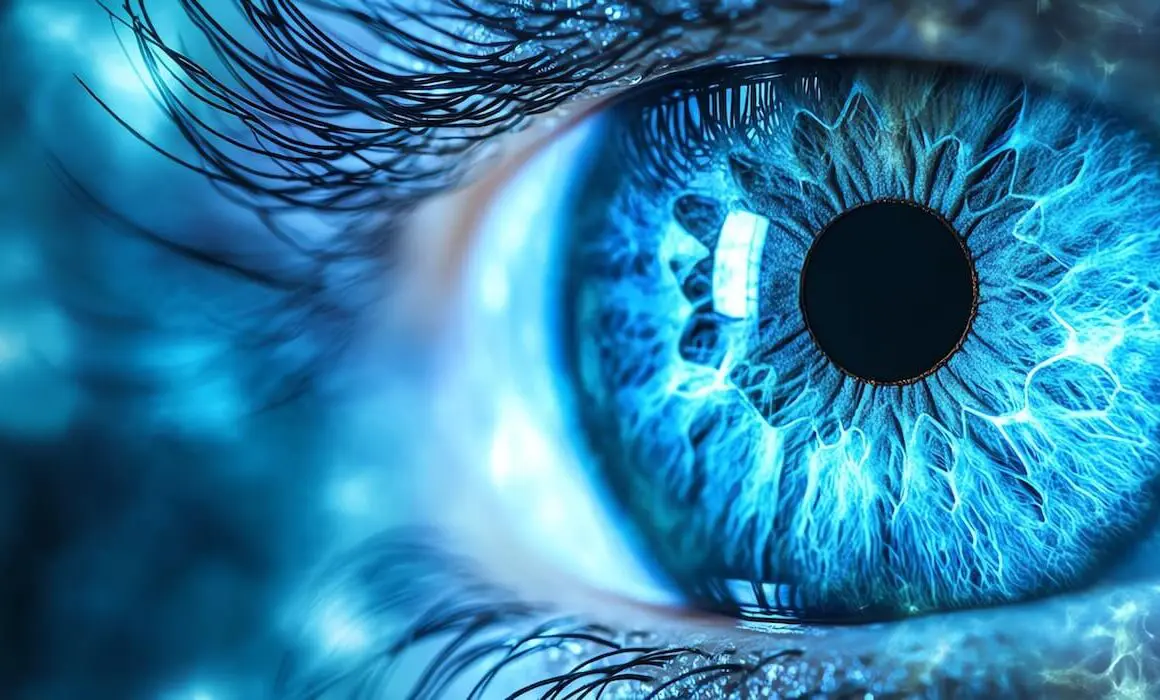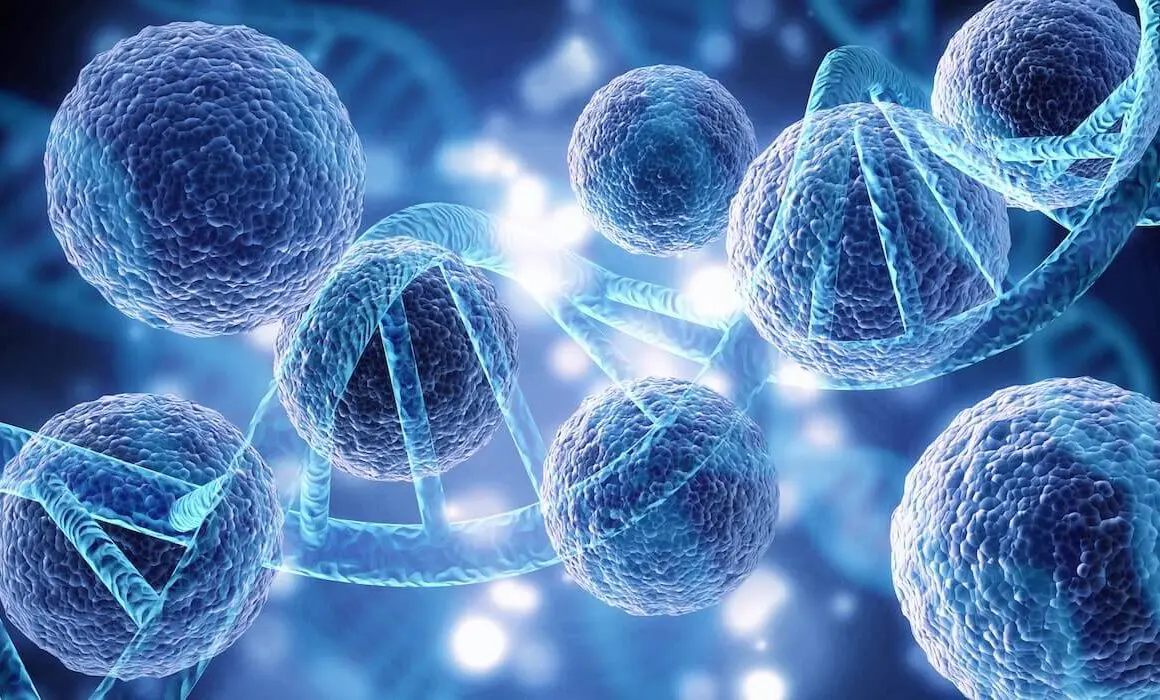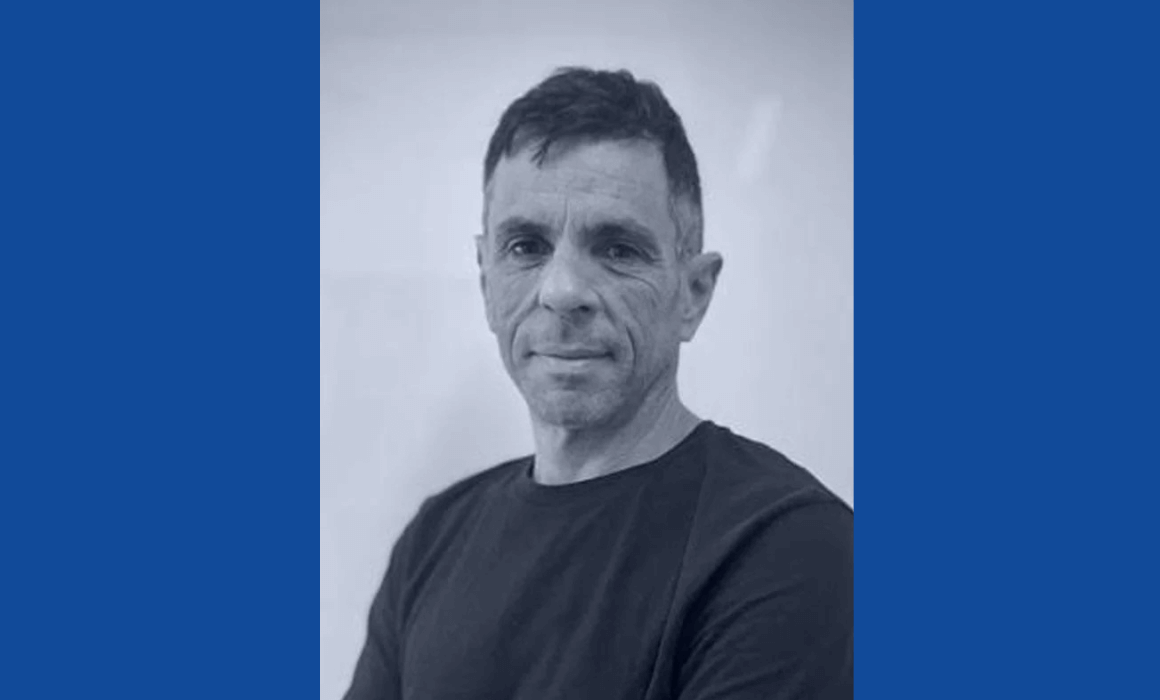Anti-Cancer Therapy Resistance

Research by Professor Yuval Shaked of the Technion presents new ways to curb the development of anti-cancer therapy resistance, a phenomenon that is detrimental to the efficacy of existing cancer treatments. His research was recently summarized in a published article in Nature Reviews Cancer.
Anti-cancer therapy resistance: A devastating challenge
Although the initial cancer treatment phase is often successful, many patients become resistant to anti-cancer therapies, characterized by tumor relapse and/or spread. The majority of studies have so far focused on investigating the basis of resistance as a result of tumor-related changes.
But over the last decade, Prof. Shaked and his team have shown that the patient’s body plays a role, too. They have discovered that cancer therapy can induce local and systemic responses in the body, and these actually support the resurgence of cancer and its progression.
Predicting resistance
Prof. Shaked’s research focuses on predicting a patient’s response to anti-cancer therapy. This prevents disease recurrence or spread, improving patient care and outcomes.
Most of Prof. Shaked’s research has been around patient responses to chemotherapy, which harms not only cancer cells but also healthy cells in the body. But his recent research suggests that this reaction occurs in almost every existing anti-cancer therapy, including advanced therapies such as biological therapy. The host’s response to treatment involves the production of resources such as proteins and increased release of growth factors — processes that protect the tumor and allow it to flare up and metastasize.
Better, personalized treatments
Prof. Shaked emphasizes that his findings do not suggest that existing treatments are not effective. Rather, because each treatment triggers a response in a patient, it is important to match patients with the right treatments for their bodies.
For instance, only 20–30% of patients today respond to immunotherapy, one of the most important effective approaches currently in the field of cancer. Through blood testing, Prof. Shaked can predict the outcome of patients treated with immunotherapy and continue such treatment only in patients in whom treatment is expected to be effective.
Based on his findings, in the future physicians may offer combined therapies to increase the effectiveness of treatment or allow patients who are currently unresponsive to immunotherapy drugs to respond to them.
Bringing this research from the lab to the bedside
Prof. Shaked is working with ONCOHOST, a company he co-founded, to commercialize his research. ONCOHOST is currently conducting clinical trials in Israel that measure the host’s response to patient care and predict the effectiveness of the treatment. They are in negotiations to implement clinical trials in additional countries in Europe and the United States.
The company is also looking for ways to integrate different therapies to increase treatment effectiveness.



